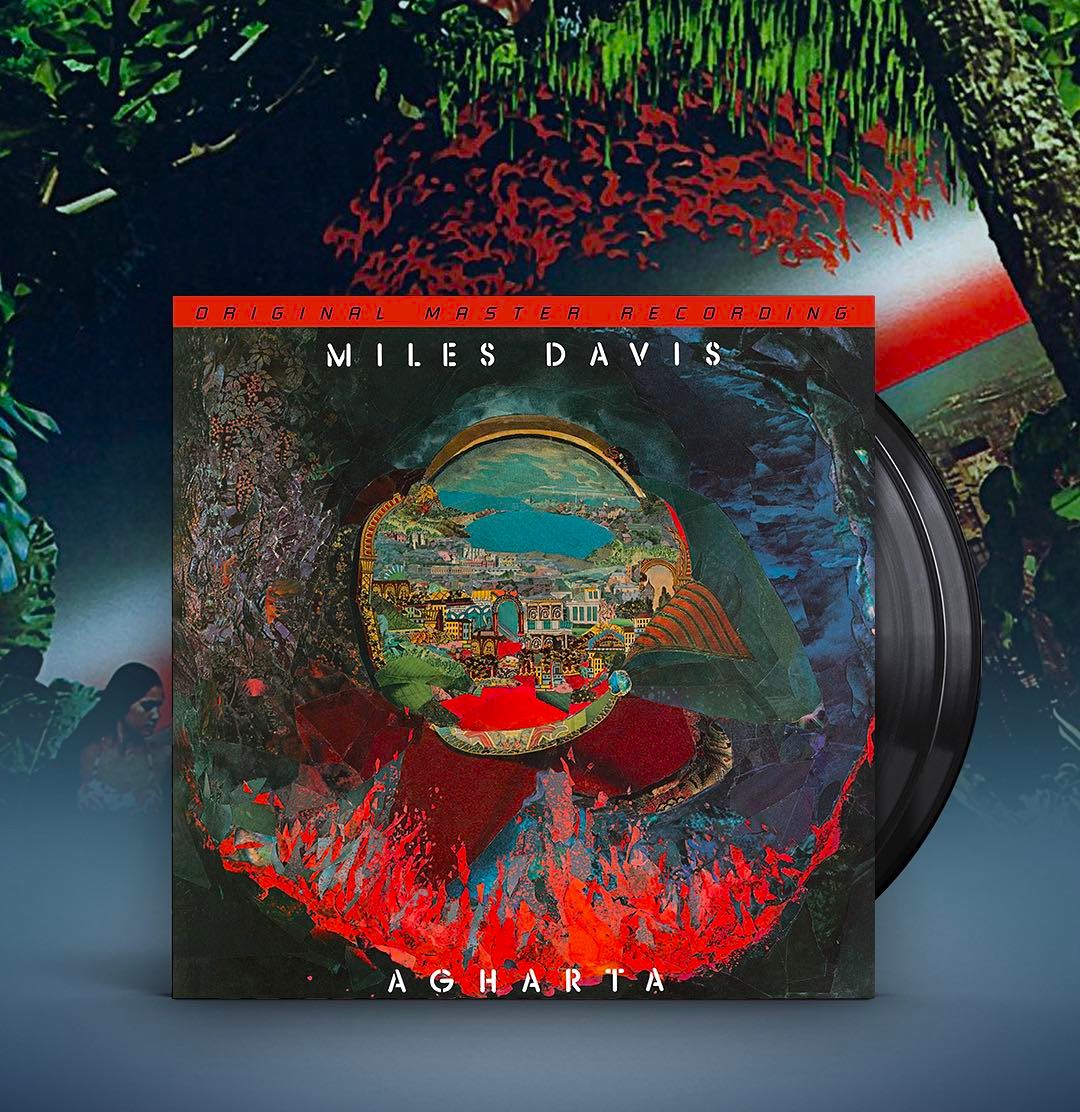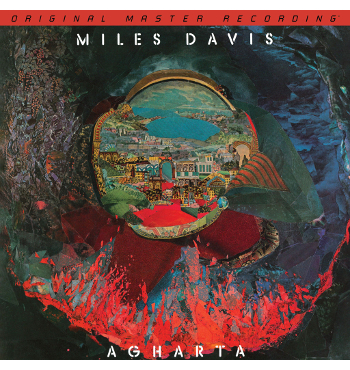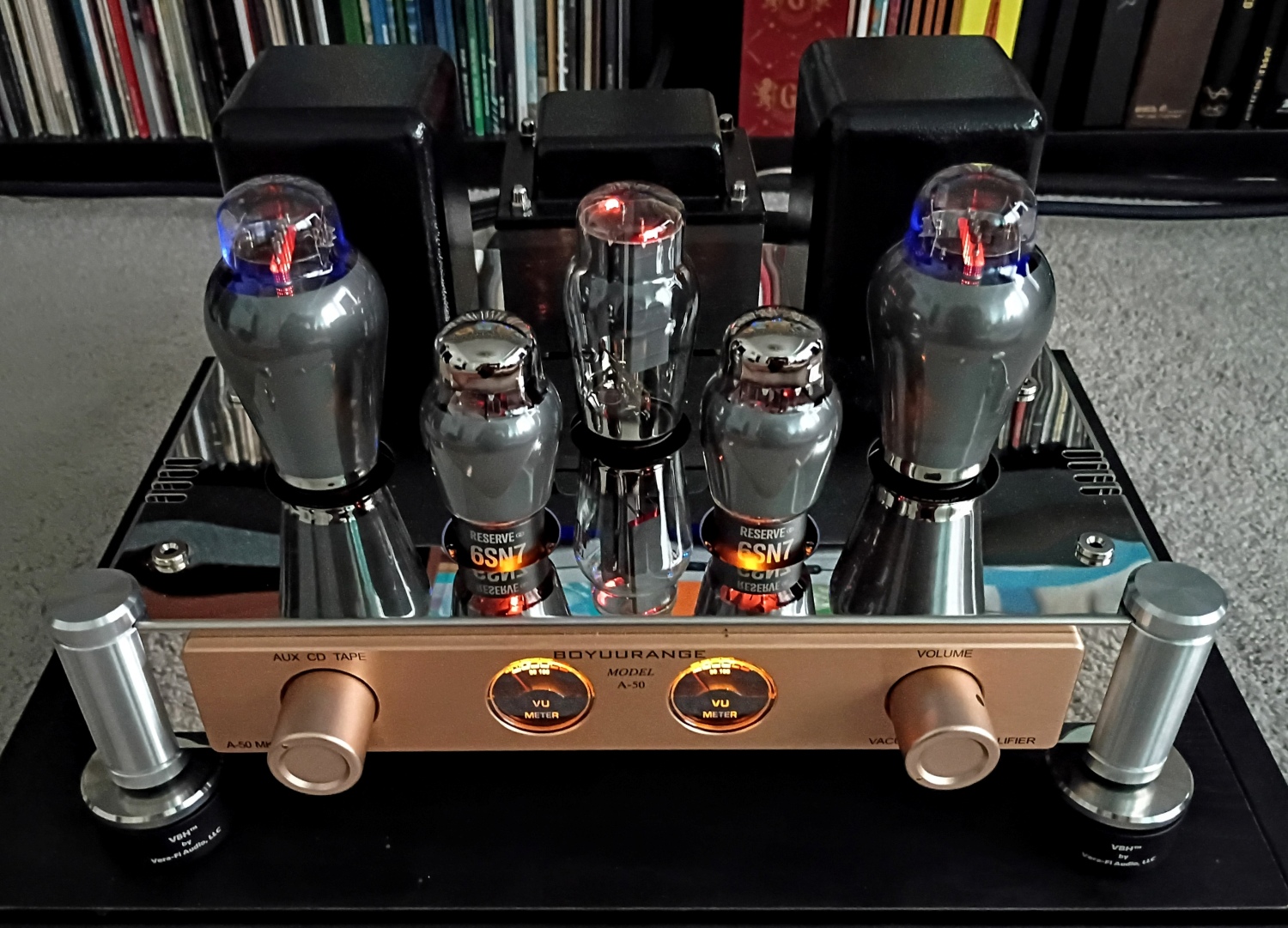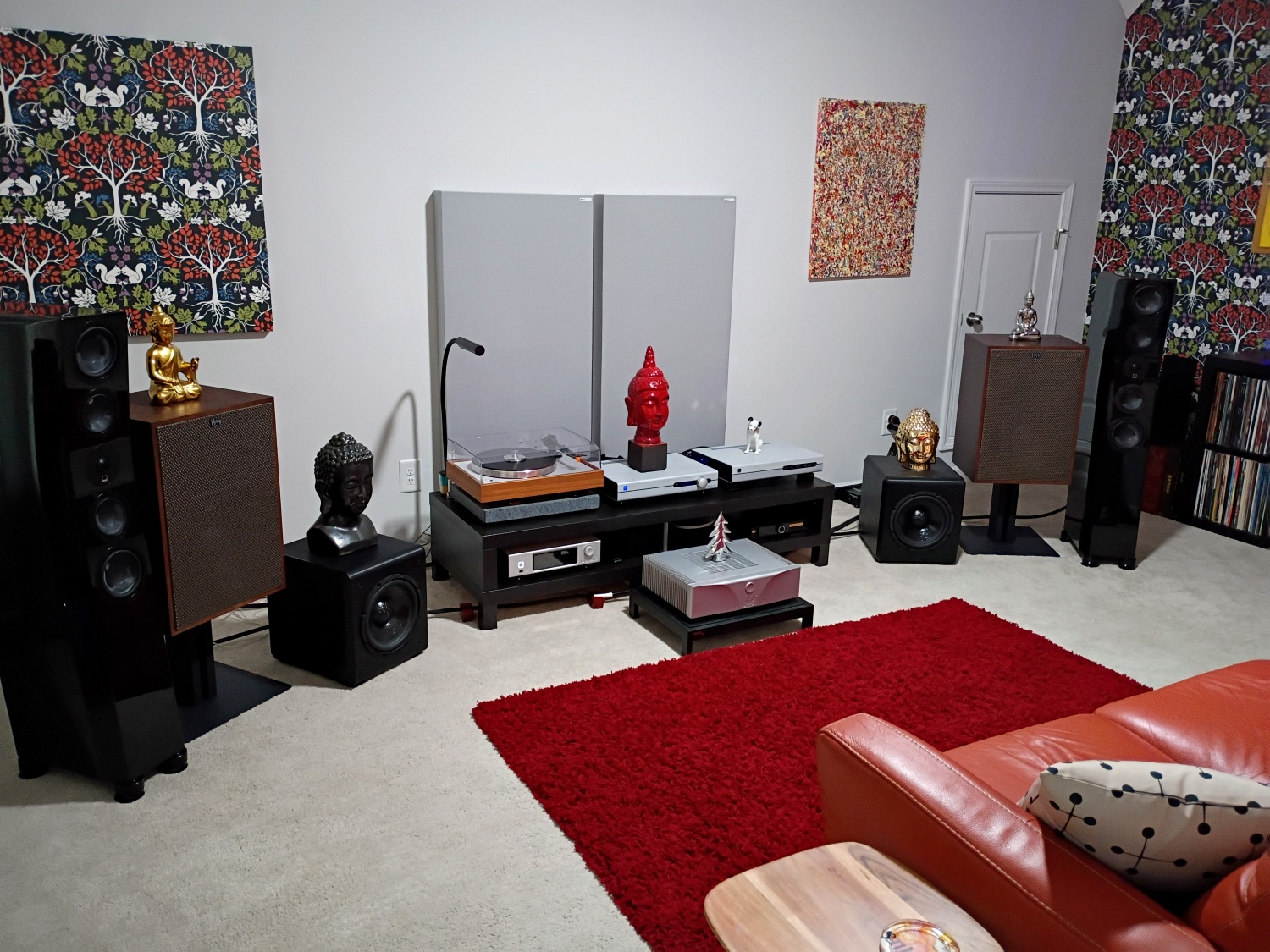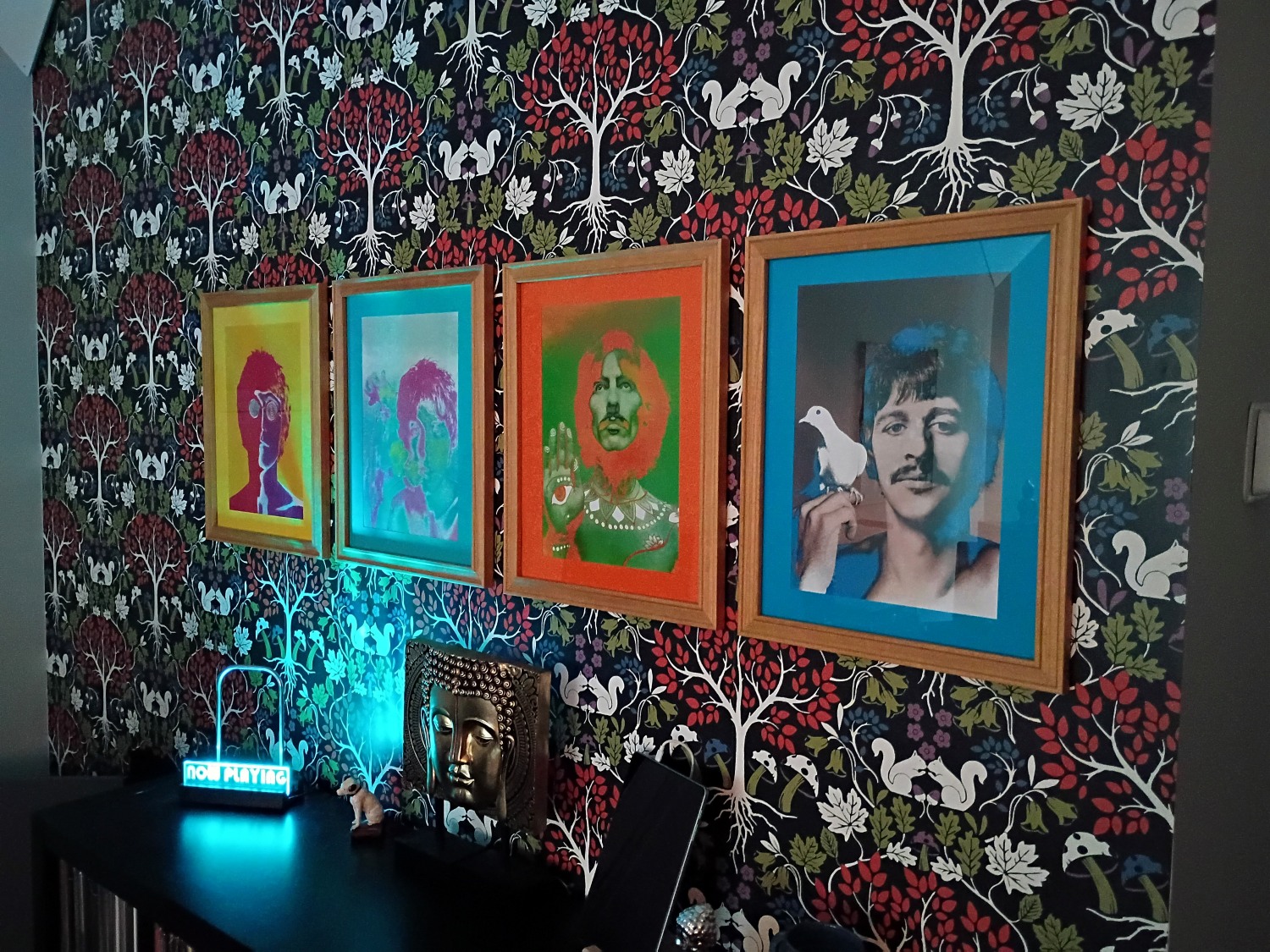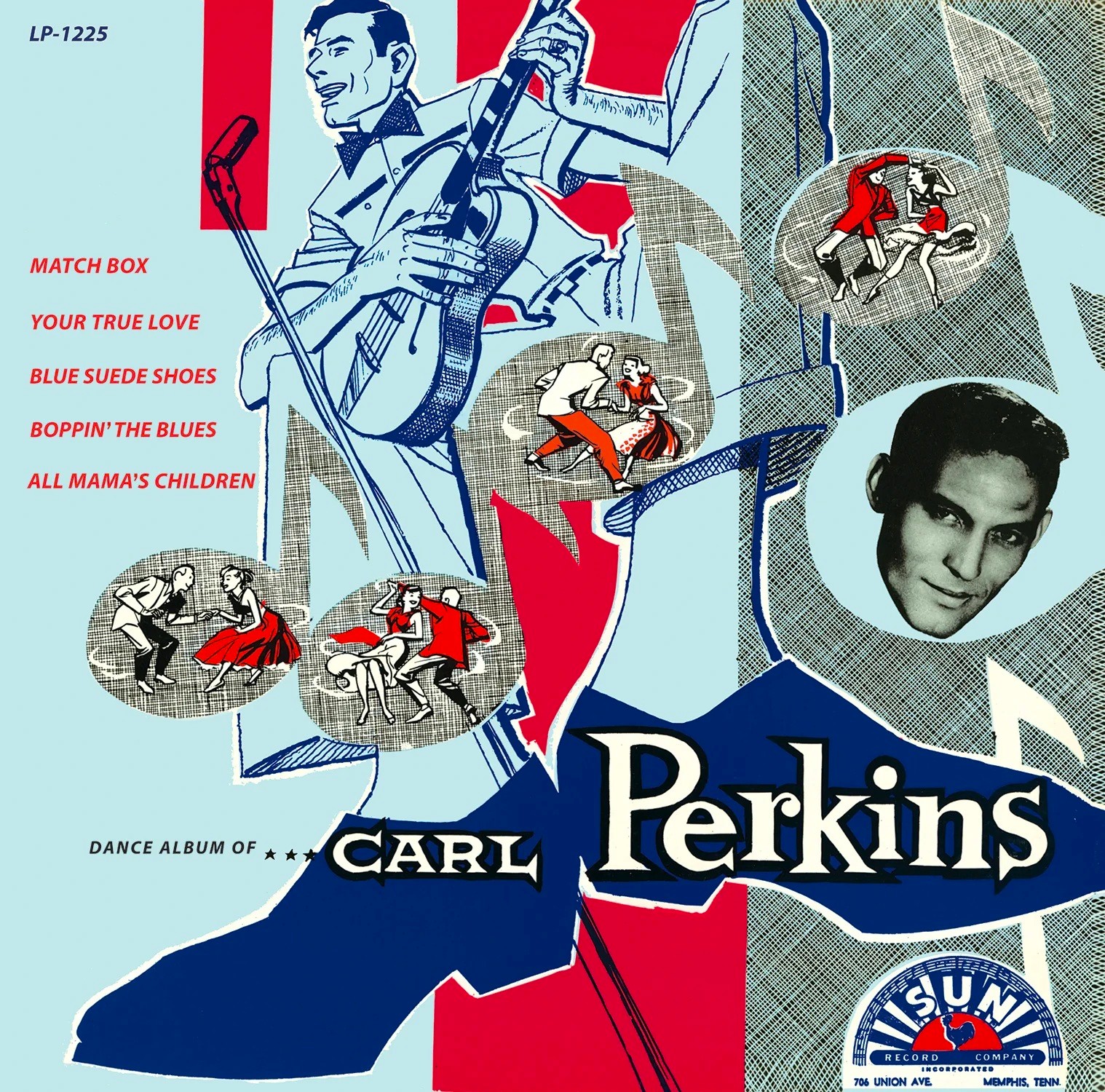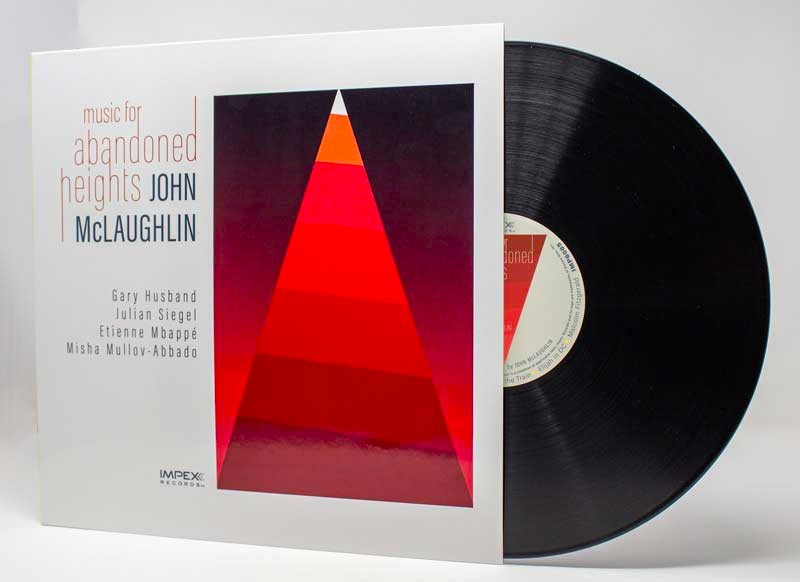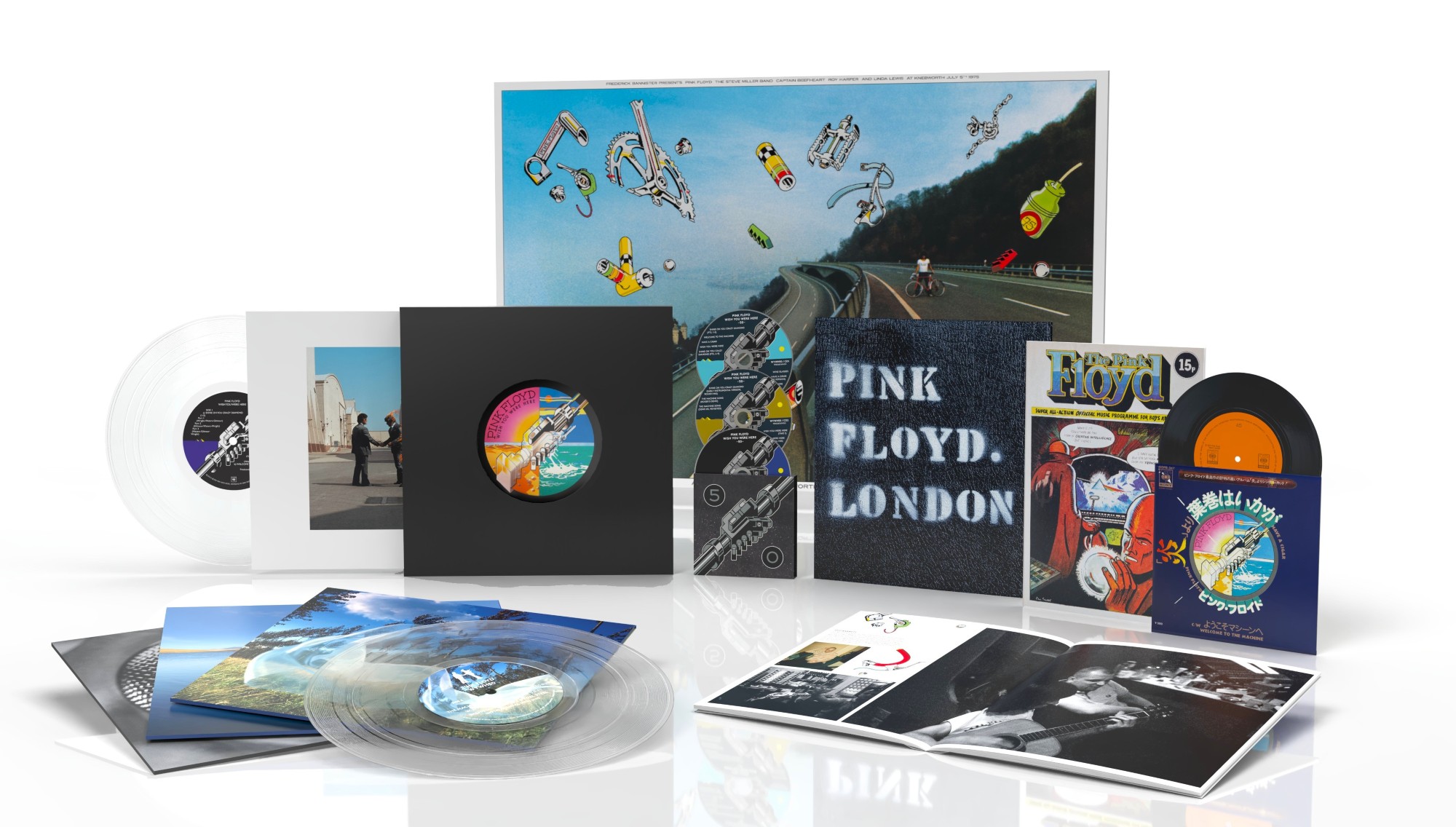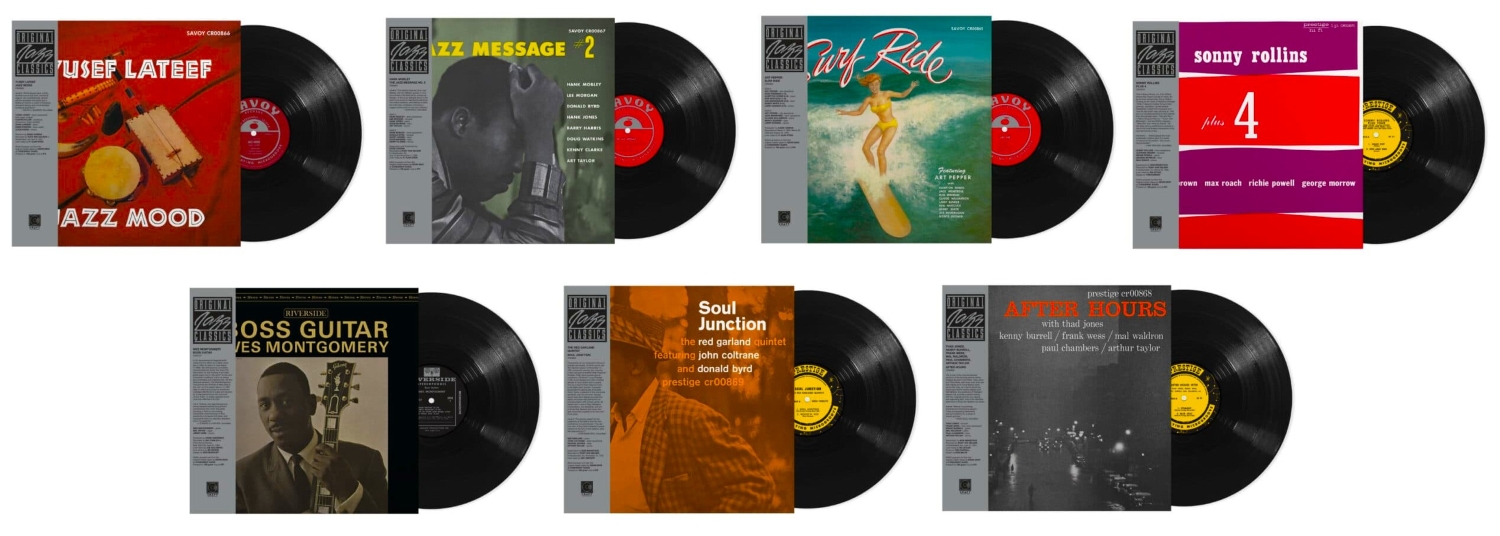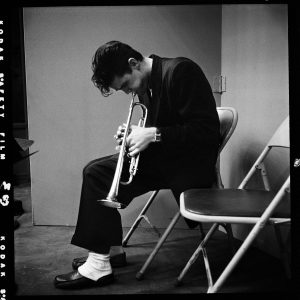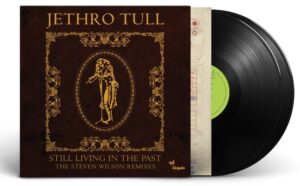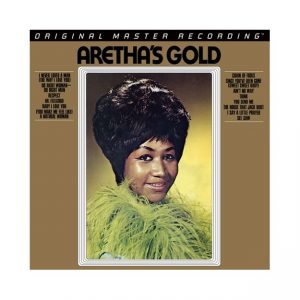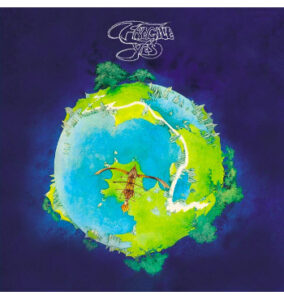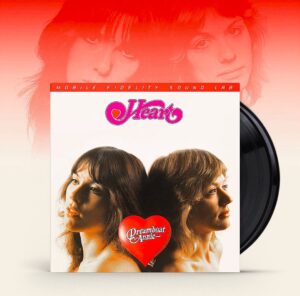Mobile Fidelity Sound Lab continues their survey of Miles Davis' catalog of albums with an Original Master Recording reissue of his 1975 live album Agharta, now available as a 33 rpm, 180 gram 2-LP set. Easily the most dissonant album of Miles' entire catalog, Agharta's dense, sprawling compositions challenged listeners and divided fans—even those who'd otherwise embraced his jazz fusion period. Agharta covers a broad swath of stylistic territory, including jazz, free jazz, acid-funk, rock, punk, ambient, prog, avant-garde—Miles covers them all here, so describing the music as jazz fusion seems a bit disingenuous. The album failed to resonate with most fans, was a commercial failure, and Agharta was mostly panned by the critics, who uniformly lambasted its lack of structure. A handful were more positive: Downbeat's Don Gilmore gave Agharta four stars, stating that the album's improvisations "achieve a staggering emotional dimension." And The Boston Globe's Nathan Cobb called Agharta "a kind of firestorm for the 70s with a "positively cosmic" rhythmic foundation." He also described Miles Davis as "the one who leads the others through the unknown waters of electronic jazz rock." More recent assessments of Agharta have adopted a more positive view of the album's place in Miles' canon of recorded works.
Agharta was remastered by Krieg Wunderlich from the original 1/4 inch, 15 IPS analog master tapes at Mobile Fidelity Sound Lab in Sebastopol, California. The remastered tapes were created using MoFi's proprietary GAIN 2 system, then were transferred to DSD 256; an all-analog console was used throughout the process. Lacquers were cut at Fidelity Record Pressing (FRP) in Oxnard, California, where the pair of 180 gram, 33 rpm LPs were pressed on audiophile vinyl with Rick and Edward Hashimoto supervising every step of their production. The reissue's heavy, tip-on gatefold outer jacket was created by Stoughton Printing in California; crisp album art was sourced from the original release, and the LPs are encased in premium rice paper inner sleeves. Agharta is available as an individually numbered, limited-edition LP set; you can order one from MoFi's webstore HERE.
Miles Davis, Agharta. (2) 33 rpm Mobile Fidelity LPs, $59.99 MSRP
As they approached the late-1970s, most traditional jazz fans didn't really know what to make of Miles Davis' electrified jazz fusion period; at this point, even Bitches' Brew seemed almost mainstream in comparison. Columbia Records obviously didn't have much of a clue, and were constantly interspersing unreleased recordings from Miles' classic acoustic period like Jazz At The Plaza or Live At The Plugged Nickel with his newer output to keep album sales relatively consistent. Miles's concert appearances were mostly abroad, where fans were more accepting of his new music, which was especially embraced by fans in Japan who weren't alienated by his rock and electrified leanings. In the midst of a three-week tour of Japan in 1975, Miles recorded two concert performances on February 1 at the Osaka Festival Hall; the afternoon show was released six months later as Agharta, while the evening set was released the following year as Pangea.
Miles had managed to establish a fairly stable live band, and despite suffering from near-chronic pain and declining health, he toured regularly from 1973 through late 1975. His concert performances from that period were often filled with staccato organ bursts and the raw and aggressive trumpet sound he achieved through the use of a wah-wah pedal. The band for the Osaka shows included Sonny Fortune on alto and soprano saxes and flute; Pete Cosey and Reggie Lucas' electric guitars; James Mtume on a variety of congas and percussion; and a rhythm section that featured Michael Henderson on electric bass and Al Foster on drums. Miles' musicians had developed a perfect synergy with his unique style and each other; the chemistry they shared is obvious throughout the grooves of Agharta.
Agharta's original recordings were engineered by a Japanese team that included Takaaki Amano, Mitsuru Kasai, and Tamoo Suzuki. Miles' usual producer Teo Macero oversaw the recordings for Columbia Records; Miles was reportedly dissatisfied with his performances and the recorded sound, and unusually, chose to take no part in their preparation for the album's eventual release. While Teo Macero would typically try and "fix" any perceived problems with studio overdubs, apparently the Japanese recordists were ecstatic with everything they captured during the performances, and Macero left them essentially unedited for LP release.
Listening to Mobile Fidelity's Agharta
Clicking my name in the header above will show the full contents of my audio systems. My all-analog system was recently upgraded, and now features a pair of Klipsch Heresy IV horn-based loudspeakers that run in tandem with a pair of Caldera 10 subs. The highly efficient Heresy IV's are easily powered to reference levels by a new Reisong Boyuurange A50 Mk III Single Ended Triode 300B tube amplifier (7.5 watts per channel!), which now features RAY Reserve and Select tubes. My turntable's Ortofon Quintet Bronze moving coil cartridge tracked the LPs from FRP perfectly, offering playback of Agharta that presented Miles' live performances with previously unheard levels of realism and clarity. The effect placed me squarely in the Osaka Festival Hall fifty years ago.
Fidelity Record Pressing's LPs provided glitch-free playback with completely silent backgrounds, and the surfaces were pristine, beautifully glossy, and perfectly flat. And Krieg Wunderlich's transfer for this reissue offered the kind of detailed presentation I never expected to hear from this recording. Agharta's four album sides contain extended jams conducted by Miles from his trumpet, where he stops and restarts the action as many as fifty times over the course of the proceedings. Side 1 features "Prelude (Part One)", side 2 includes "Prelude (Part Two)" and "Maiysha," side 3 features "Interlude," and side 4 features "Theme From Jack Johnson." My understanding is that Miles' big complaint with Agharta was he felt his performances weren't spot on, and his trumpet microphone was mixed too low in the final recordings. Miles' trumpet does seem a bit low in places, but in the overall cacophony that is Agharta, it still works for me.
Michael Henderson's bass, Al Foster's drums, and James Mtume's percussion provide the irrepressible groove that underpins Agharta. Sonny Fortune's extended sax and flute turns mesh perfectly with Miles' abstract trumpet and organ bursts, and the raucous, acid-drenched guitar improvisations of Pete Cosey and Reggie Lucas keep the album awash in psychedelia. On the side-long "Theme From Jack Johnson," Pete Cosey employs a guitar effect to create a series of eerie "screams," and the resulting sounds are beyond terrifying. Creem Magazine's Lester Bangs claimed that most guitarists in Seventies' punk bands were obviously listening to Miles' Agharta, and lifting Cosey and Lucas' guitar licks for their own records!
Mobile Fidelity's Agharta is a mind-blowing experience!
Other than a limited edition 4 Men With Beards LP reissue in 2011, Agharta has been out of print on LP domestically for almost fifty years. My only copy on hand was a 1990's Columbia Jazz Contemporary Masters compact disc (the early one); by all reports, the catalog CDs of Agharta were sonically inferior to the original LPs. Mine definitely proved less than satisfying, and in comparison, the sound quality of Mobile Fidelity's LP reissue is nearly miraculous. Presenting Agharta with a level of enhanced realism I couldn't possibly have expected—hearing my catalog CD is about on par with listening to a bootleg.
Even the most ardent Miles Davis fans—including those who embraced his electrified period—weren't completely on board with the musical direction he took on Agharta. I've always gravitated towards challenging music, and I find the improvisations here thrillingly eclectic (and electric!). Had I heard this music back in the day, my mind (which was more frequently under the influence of certain illicit substances) would have definitely been even more blown than it currently is! Agharta has never sounded better than on MoFi's excellent reissue—this record is a must-have for Miles Davis fans, who will revel in the enhanced clarity of the new transfer and the ultraquiet LPs from FRP. Thanks to Bridget Citro Davis of Mobile Fidelity and Music Direct for making this review possible; Miles Davis' Agharta comes very highly recommended—now onward to Pangea!
Mobile Fidelity Sound Lab
All images courtesy of Mobile Fidelity Sound Lab and the author.




